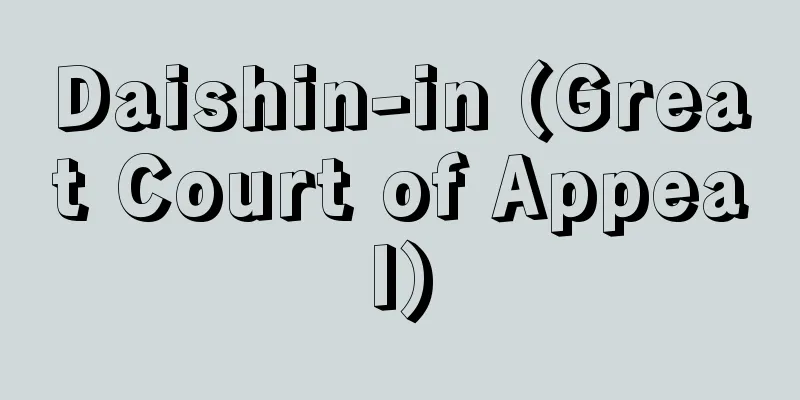Deferred prosecution - Kisoyuyo

|
A prosecutor decides not to indict a suspected crime (a non-prosecution decision) when he or she finds that a crime has been established and that all the conditions for prosecution have been met, but that prosecution is not necessary in the public interest. Under the current law, when prosecution is not necessary due to the character, age, and circumstances of the perpetrator, the severity and circumstances of the crime, and the situation after the crime, prosecution may not be instituted (Article 248 of the Code of Criminal Procedure). This means that the prosecutor may defer prosecution at his or her discretion, rather than relying on the principle of legality of prosecution, which requires that prosecution must be brought when a crime is established. According to the White Paper on Crime (2009), the rate of deferred prosecution in 2008 was 60.2% for all crimes, 42.1% for general criminal law offenses (excluding negligent driving resulting in death or injury, etc.), 90.0% for negligent driving resulting in death or injury, 29.6% for violations of the Road Traffic Act, and 39.8% for other special law offenses. In addition, there are systems to compensate for the shortcomings of the principle of expedient prosecution, such as the court's quasi-prosecution procedure (referral procedure), review of non-prosecution decisions by the Prosecutorial Review Board, and notification of the reason for non-prosecution to the person filing the complaint. [Ichiro Uchida and Morikazu Taguchi] [Reference items] | | | | |Source: Shogakukan Encyclopedia Nipponica About Encyclopedia Nipponica Information | Legend |
|
被疑事件について、検察官が、犯罪は成立し訴訟条件も完備していると認めたが、公益上訴追を必要としないとして、公訴を提起しない処分(不起訴処分)をすること。現行法は、犯人の性格、年齢および境遇、犯罪の軽重および情状ならびに犯罪後の情況により訴追を必要としないときは、公訴を提起しないことができる(刑事訴訟法248条)として、犯罪が成立する場合はかならず起訴すべきであるとする起訴法定主義によらず、検察官の裁量による起訴猶予を許す起訴便宜主義を採用している。『犯罪白書』(2009)によれば、2008年(平成20)における起訴猶予率は、全事件に対して60.2%、一般刑法犯(自動車運転過失致死傷等を除く)で42.1%、自動車運転過失致死傷等で90.0%、道路交通法違反で29.6%、その他の特別法犯で39.8%を占めている。 なお、起訴便宜主義の短所を補う制度として、裁判上の準起訴手続(付審判手続)、検察審査会による不起訴処分の審査、告訴告発者に対する不起訴理由の通知の制度がある。 [内田一郎・田口守一] [参照項目] | | | | |出典 小学館 日本大百科全書(ニッポニカ)日本大百科全書(ニッポニカ)について 情報 | 凡例 |
>>: Basic characters - Kisomoji
Recommend
Straw shoes (warakutsu) - straw shoes
Woven straw shoes for use in the snow. Also called...
Four ends
This term was coined by the Confucian scholar Men...
Synoptic meteorology
...For example, the field that studies very small...
Mr. Aiuji
A samurai family from the Northern and Southern Co...
Floating Lighthouse
…This type of coast-fixed type was first put into...
berdikari
…Official name: Republic of IndonesiaArea: 1,904,...
'idda (English spelling) idda
...If during this time both parties wish to recon...
Banded coral shrimp
This beautiful shrimp (illustration) belongs to th...
False Frankincense - Ginyuukou
… Frankincense and myrrh were thus the main perfu...
Espartero - Espartero (English spelling) Baldomero Espartero
Spanish soldier and politician. Born the son of a...
Bain, JS (English spelling)
...Based on this foundation, in the 1940s, econom...
Leaf - (English spelling) leaf
A leaf is one of the plant's organs. It is us...
Hagi (Lespedeza bicolor) - Hagi (English spelling)
A deciduous shrub of the legume family, also calle...
Goro - Goro
[1] 〘 noun 〙① The fifth son. Fifth son. ※Yamato (a...
Hachisuka Mochiaki
Year of death: February 10, 1918 Year of birth: 8/...









